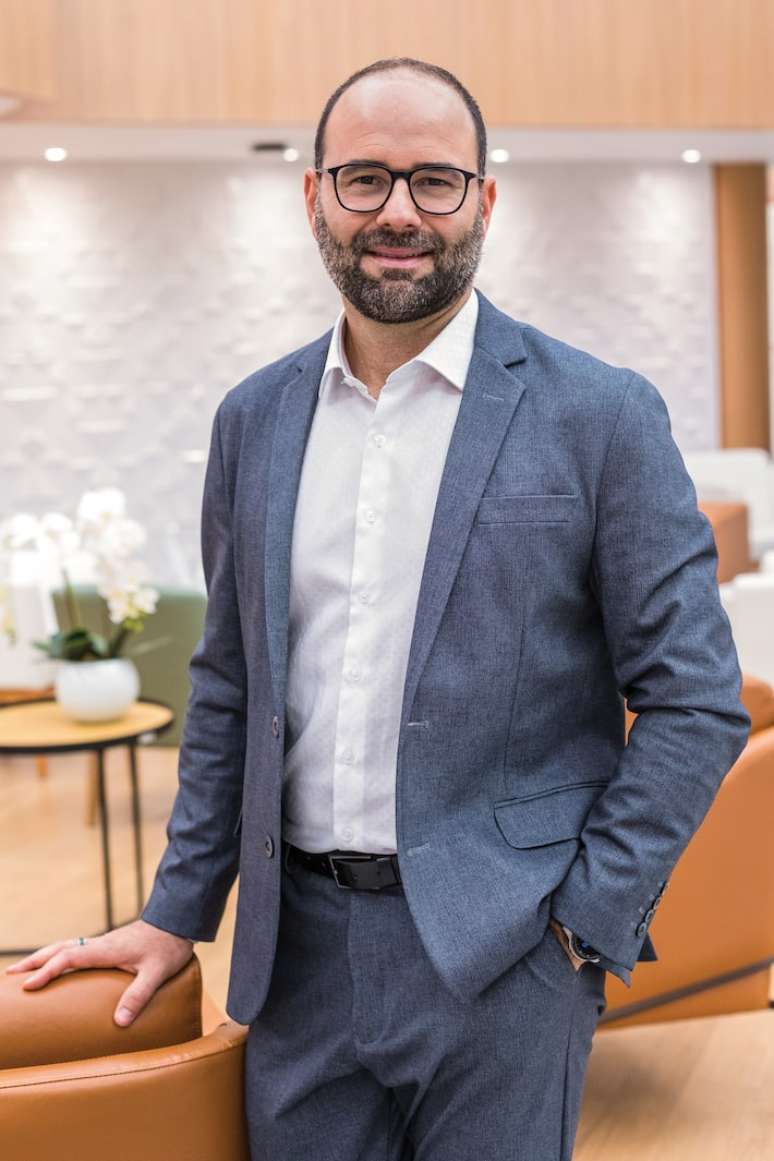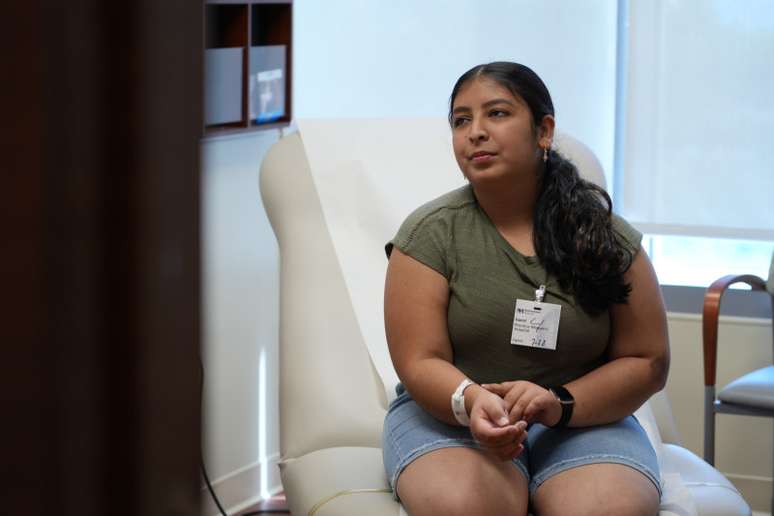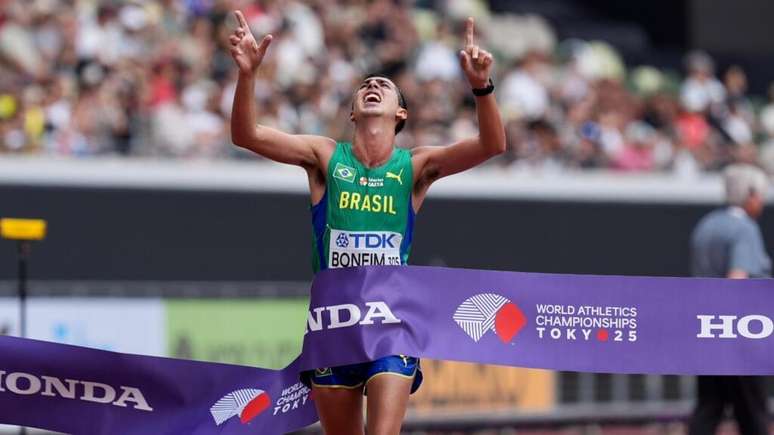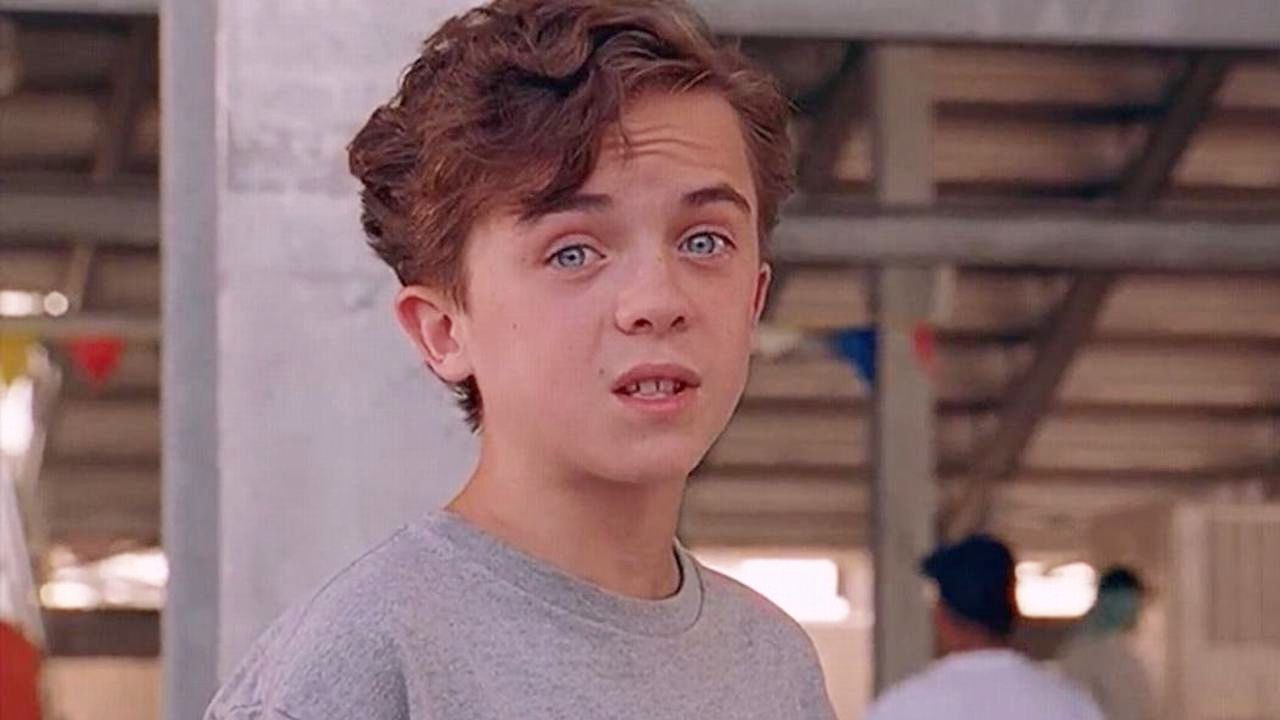Today we celebrate World Health Day
HEALTH CEO COLUMN
Dr. Victor Piana de Andrade is a pathologist and CEO of ACCamargo Cancer Center
Today we celebrate World Health Day, a date that currently leaves us with an ambiguity: we talk much more about illness than health. Health is not just a matter of doctors, medicines and hospitals. Health is in the hands of everyone, everywhere. It is in basic sanitation, air and water quality, fresh food logistics, anti-smoking and ultra-processed food policy, vaccination, digital transformation and coordination that the prevention effort far above the treatment effort. Health requires literacy and protagonism on the part of every citizen regarding their own habits and risks and the invitation to be an actor of their own transformation.
Our society is living longer because we have solved infectious diseases in the last century. Nowadays, the main causes of death are cardiovascular diseases and cancer, conditions associated with people over 50 and the habits of modern life. Cancer is growing worldwide with a predicted 19.3 million new cases and 10 million deaths by 2025. We also expect an increase of 40% to 60% over the next 20 years. The data is alarming and requires urgent action.
Our big challenge now is management. Science has made a lot of progress, new techniques and therapies have emerged, prolonging the lives of patients. However, at an unsustainable cost. I am a pathologist with 25 years of dedication to cancer. I have been working as a healthcare manager for 8 years and I say: to improve the situation regarding cancer in Brazil, we must get out of the current “EGOsystem” and form an ECOsystem focused on the patient and society. There are no resources to irrigate the current waste supply chain. Quality, relevance and cost must gain the space now occupied by the volume of services.
The government, employing companies, providers, doctors and other healthcare professionals and also social media must, in a coordinated way, facilitate understanding and encourage preventive attitudes towards cancer health. Cancer is part of patients’ lives, but only a part, and with access to early diagnosis and agile, coordinated care, our citizens will continue to be productive for society after cancer, costing a fraction of what it costs to treat today an advanced case.
In the more than seventy years since the formation of the World Health Organization (WHO), we have created drugs with molecular precision, activated and deactivated almost any molecule we wanted, and transformed the lives of even people with very advanced diseases. Science and industry have played their part, we lack neither knowledge nor technology. Furthermore, knowledge is sufficient to prevent at least 40% of cancers. The remaining 60% could be discovered sooner. Why, then, do we have to wait for cancer to appear to act? Why are we so happy about the discovery of drugs for advanced cancer and there is little evidence of an HPV vaccine that can put an end to cervical cancer and many other cancers?
The cost of modern drugs should not occupy our entire agenda, because an early diagnosed cancer does not even need it. We recorded the cost of the first 12 months of treatment, comparing early-stage tumors with advanced-stage ones. Here are the numbers: breast, lung and colorectal cancer costs between 470% and 890% more if advanced; melanoma costs up to 5,400% more. In all cases, the chances of recovery are much lower and the effort and suffering involved in treatment are much greater: for breast cancer in the early stages, the survival rate is 97% and, in an advanced stage, by 42%. For the lung the average is 80% and drops to 12%, and for the colorectal from 90% to 32%.
Scientific advances over the past 30 years have enabled numerous new approaches. The need for intensive care units fell by more than half, as did hospital admissions and blood transfusions. In 2023, only 0.9% of breast surgery cases went to intensive care upon leaving the operating room, 0.06% for thyroid surgery, and 0% for robotic prostatectomies. Because they are so non-invasive and highly safe, there are already examples of surgeries that can be discharged the same day. Cancer treatment is increasingly less hospital-based and it won’t be long before we can treat the patient at home. Health against cancer means prevention, so that each citizen can take control of their health and know their individual risk of developing cancer. Cancer prevention is done every day. Screening tests detect existing cancer and, if performed at the correct frequency for each individual, will help discover a simple and cost-effective solution in time.
Prevention: the most effective remedy against cancer
Find out how to avoid the main types of diseases with the guide developed by ACCamargo Cancer Center
The National Cancer Institute estimates that in Brazil there will be more than 704 thousand new cases of cancer for each year of the three-year period 2023-2025. This number would be much lower if disease prevention was done correctly, through monitoring family history of cancer.
and exposure to risk factors: diet, sedentary lifestyle, smoking, alcohol consumption and excessive sun, among others. “Only 10% of patients have tumors
related to inheritance issues; 90% of cases occur due to exposure to some risk factor. We can therefore act largely in a preventative manner, avoiding the onset of malignant tumors. It’s called primary prevention”, explains Dr. Thiago Celestino Chulam, head of the Prevention and Early Diagnosis Department of ACCamargo.
Early diagnosis
Secondary prevention of cancer is based on screening tests, which identify the disease in its early stages, resulting in increased survival. Find out how to prevent the main types of cancer and the impact, in terms of survival, of their early diagnosis.

Source: Terra
Ben Stock is a lifestyle journalist and author at Gossipify. He writes about topics such as health, wellness, travel, food and home decor. He provides practical advice and inspiration to improve well-being, keeps readers up to date with latest lifestyle news and trends, known for his engaging writing style, in-depth analysis and unique perspectives.







![Such a wonderful sun in advance: Summary of the Episode on Monday, Monday, Monday 22, Monday, September 22, Monday [SPOILERS] Such a wonderful sun in advance: Summary of the Episode on Monday, Monday, Monday 22, Monday, September 22, Monday [SPOILERS]](https://fr.web.img6.acsta.net/img/29/2a/292a2052bcdfc4ca2838ac8d80b3f296.jpg)
